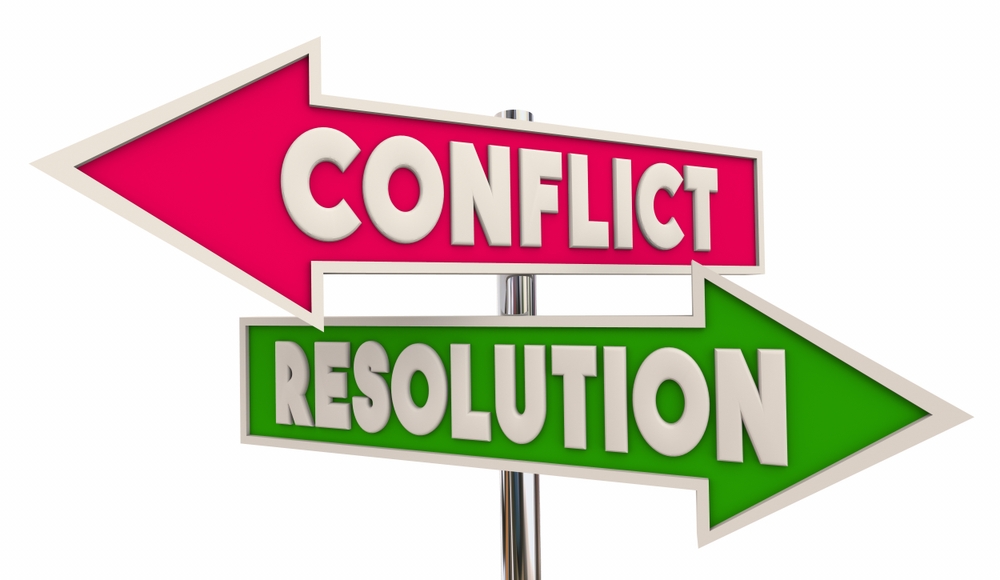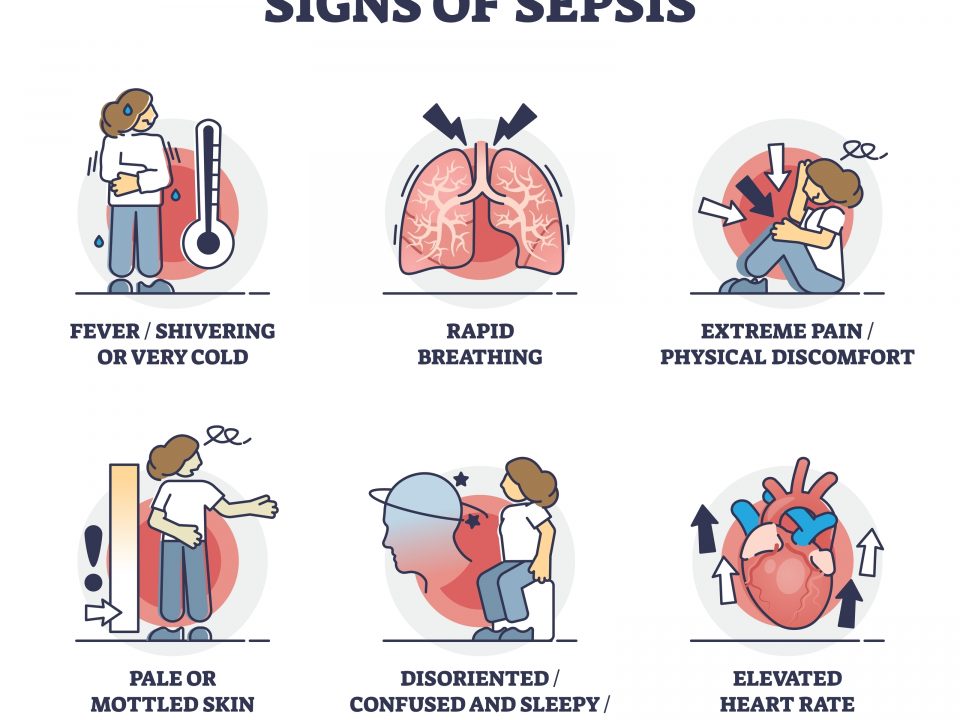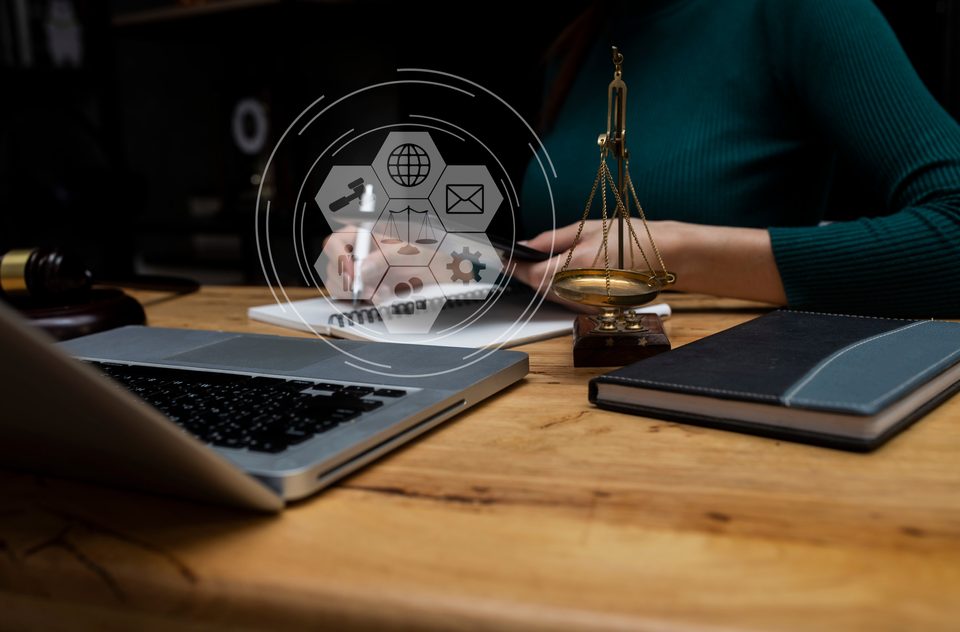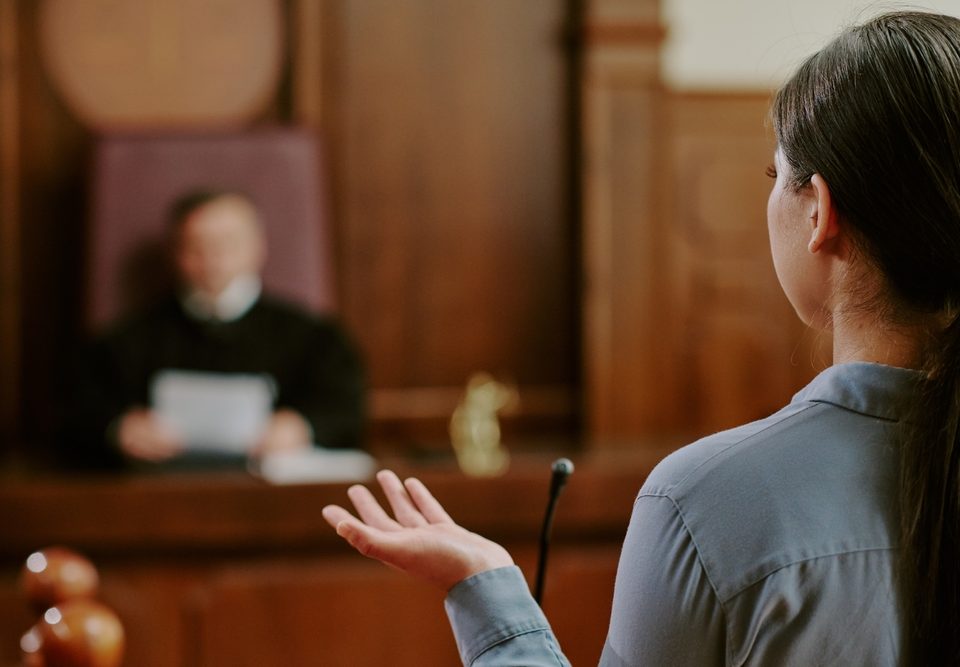
Expert Witness Dilemma – Attending Medical Conferences During A Trial
27th August 2024
What Biggadike v El Farra & El-Neil Tells Us About The Unassailability Of A Credible Witness
18th September 2024There is no denying that expert witnesses play a vital role in clarifying complex details within litigation. Recently, the civil procedure rules are due to change, making the use of alternative dispute resolution (ADR) now compulsory. It is vital therefore, that expert evidence is clear, reliable and easy to understand by all parties to make the ADR process smoother, and help to iron out matters before a case reaches court.
What has changed?
Previously, the Civil Procedure Rules “encouraged” the use of alternative dispute resolution. The changes, which will come into effect from 1st October 2024, amend the wording of section 1, using substituting the word “encouraging” with “ordering and encouraging” ADR. There is further weight to this change in section 44, where it is stated that a party’s failure to follow orders for ADR may be taken into account when assessing a party’s conduct.
The role of ADR
As a process of resolving disputes without using the court, ADR has long been used as a cost-effective and efficient way to avoid the heavy costs and other damages caused by litigation. Comprising various types of ADR, including conciliation, arbitration and mediation, the process can often be a better choice for both claimant and defendant.. However, it is vital that any expert evidence submitted during the ADR process is reliable, and easily understandable.
The role of expert evidence
Those who have a specialised knowledge of a certain specific area can be called on to provide expert evidence within a variety of disputes. While expert evidence is known to be used often in court cases, it can also play a large role in the ADR process.
Reducing problems and clarifying issues
By providing an impartial opinion on the facts in front of them, an expert witness can identify the key issues and clarify any parts of the case that may be under dispute by both parties.
This objective evidence can help to reduce miscommunications and misunderstandings between both parties, building trust between them to enable them to reach a settlement. This can further reduce the costs of the process, as it will help both parties focus on the necessary issues from the case, saving time too.
Challenges of expert evidence in ADR
There is no denying that expert evidence comes at a cost. It is not always clear during the ADR process who should be paying for such evidence. Not only this, but some experts’ evidence can be complicated and difficult to understand for both parties.
Ensuring expert evidence works in ADR
These challenges can be overcome if the right expert is chosen, the scope of their work is agreed and the costs are aged effectively. As there is likely to be a higher take-up of ADR due to the new compulsory element, it is wise to take time to choose the right expert to ensure that costs are kept to a minimum and the goodwill of both parties can be ensured.




